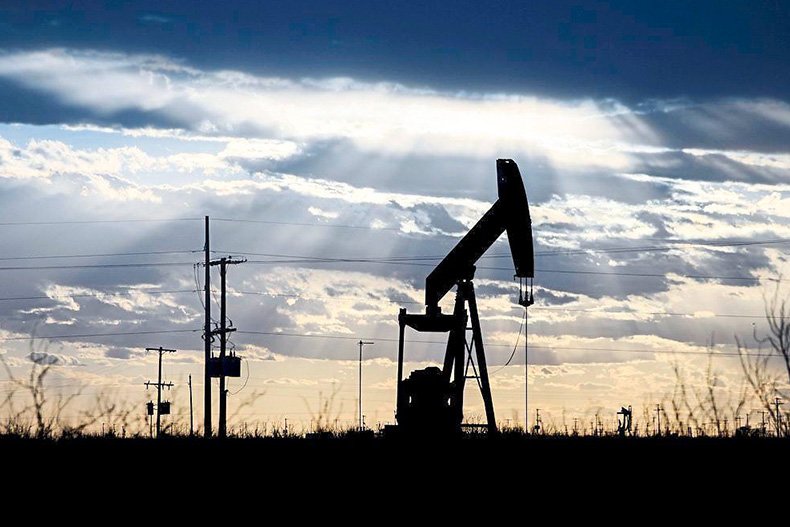Ahead of the year-end, oil prices increased little on Monday in light holiday trading. Traders anticipated additional economic data from China and the United States later this week to gauge growth in the two biggest oil consumers in the world.
By 0430 GMT, Brent oil futures had increased 5 cents to $74.22 a barrel. That is more active March contract was up 3 cents at $73.82 a barrel.
At $70.63 a barrel, U.S. West Texas Intermediate crude increases by 3 cents.
A greater-than-expected decrease in U.S. crude stocks in the week ending December 20. As refiners increased activity and the holiday season increased gasoline demand helped both contracts. This margin rose by roughly 1.4% last week. [EIA/S]
Optimism for China’s economic expansion in the upcoming year. That may increase demand from the country that imports the most crude oil, also helping oil prices.
According to a report by Reuters last week, Chinese officials have decided to issue a record 3 trillion yuan in special treasury notes in 2025.
Ryan Fitzmaurice, senior commodity strategist at Marex said
“Global oil consumption reached an all-time high in 2024 despite China underperforming expectations, and oil stockpiles are heading into next year at relatively low levels,”.
“Going forward, China economic data is expected to improve as the recent stimulus measures take hold in 2025. Also, lower rates in the U.S. and elsewhere should be supportive of oil consumption.”
According to trade sources on Monday, China has already given independent refiners a second batch of crude oil import quotas totaling at least 152.49 million metric tons for 2025.
Separately, the World Bank increased its estimate of China’s economic growth in 2024 and 2025. But it cautioned that the country’s weak business and household confidence. As well as challenges in the real estate market. That would continue to hinder development in the coming year.
Investors await China’s PMI factory surveys and the US ISM survey for December. European hopes for a new Russian gas transit deal fading due to Putin’s decision. That is causing increased liquefied natural gas imports.



